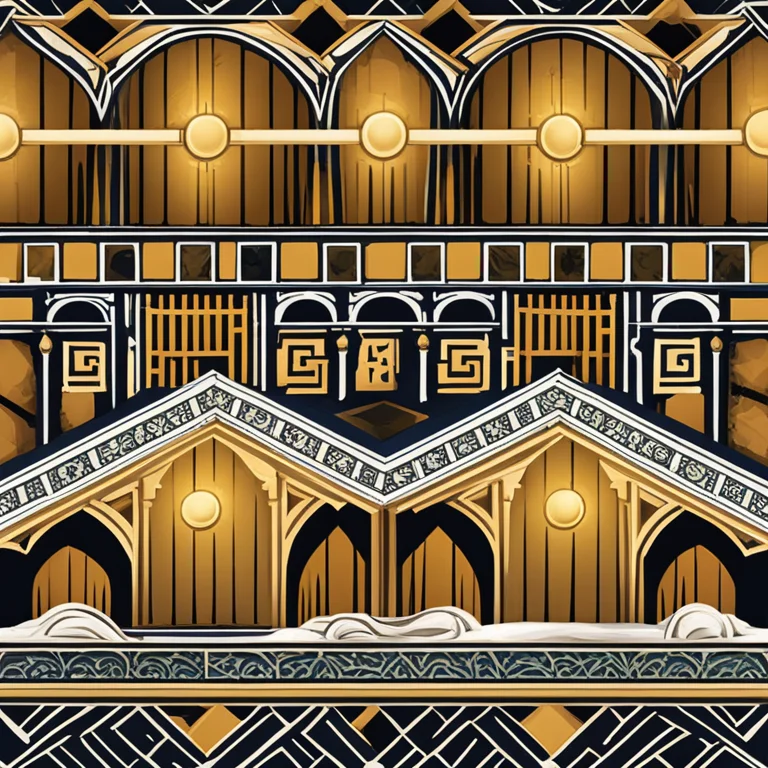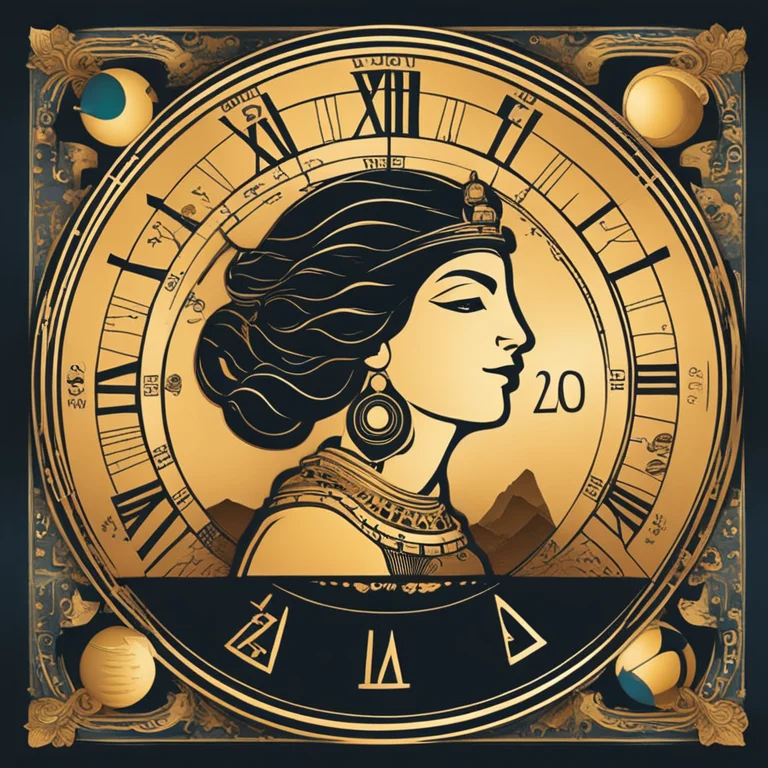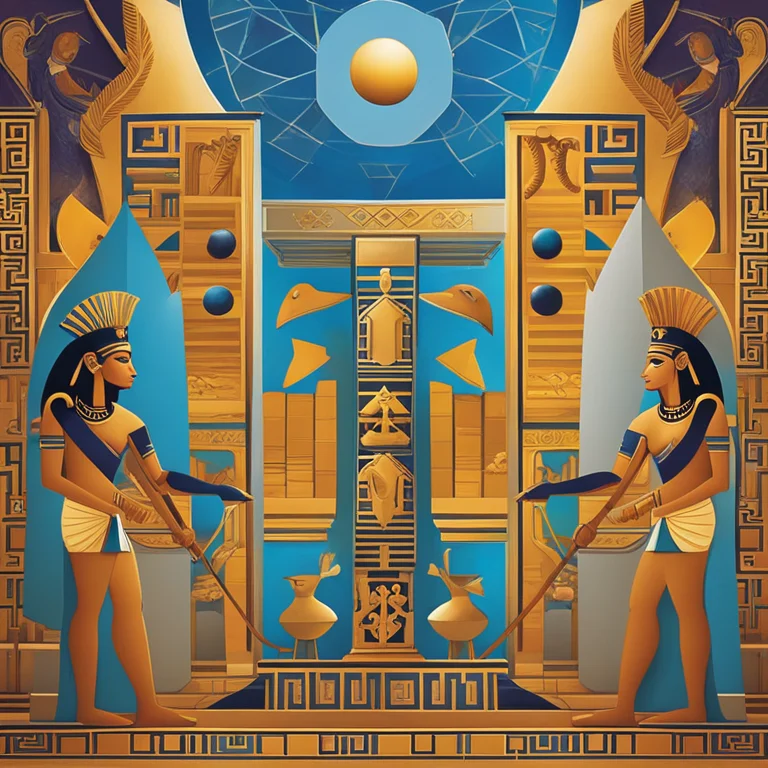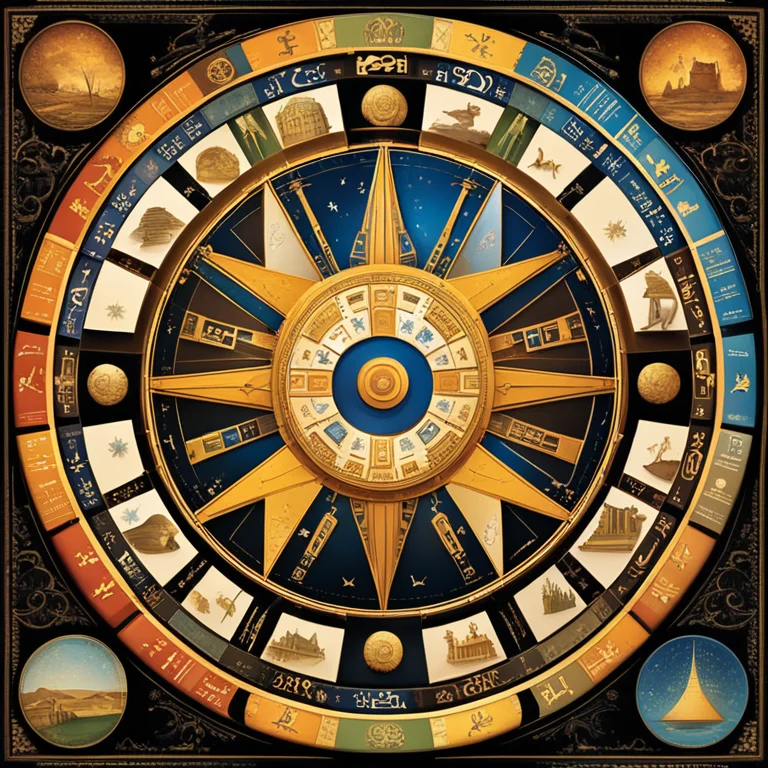
The Zodiac's Ancient Roots: A Celestial Legacy
Dive into the storied past of the zodiac signs and their presence in history, culture, and astrology across civilizations.
article by Priya Deshmukh
A Stroll Through Time
In the vast expanses that stretch above us, ancient civilizations sought to make sense of the heavens and their movements. Thus began the intricate tapestry of the zodiac, a celestial map that has guided countless individuals through life's ebb and flow. This guide outlines the rich heritage of the zodiac signs, born from humankind's quest to understand the divine connection to the stars. The origins of the zodiac are shrouded in mystery, with influences noted across cultures from Babylonian to Greek, extending their legacy into our modern understanding of horoscopes and astrology.

Babylonian Beginnings
Our journey into the zodiac's origins commences in ancient Mesopotamia with the Babylonians. They meticulously recorded the movements of the planets and stars, leading to the creation of the zodiac wheel – a circle divided into twelve segments. Each segment, engraved with myths and legends, represents constellations that mark the sun's path across the sky throughout the year. As we peer into the heavens of 2024 and beyond, this ancient framework still molds today's astrological predictions and alignments.

Egyptian and Greek Contributions
Parallel contributions from the Egyptians merged with Hellenistic culture and sparked further evolution of the zodiac. Ptolemy, an influential Greek astronomer, ingrained the zodiac into the fabric of Western astrology through his seminal work, the Almagest, which explained celestial mechanics using the zodiac. The signs drew names and characteristics from the pantheon of gods and mythical creatures, a tradition echoed in the archetypes evident in our 2024 horoscope interpretations.

Roman Influence and Preservation
Next, the Romans, having inherited this wisdom, named the constellations with Latin descriptors that persist today. They celebrated the zodiac's cyclical nature in art, architecture, and literature, thus safeguarding its relevance. As we consider astrological forecasts for years like 2024, we owe much to these ancient custodians who valued the celestial patterns and their influence on human temperament and fate.

The Age of Astrology
Astrology flourished during the medieval era and Renaissance, guided by the zodiac as a pivotal to unlocking the human psyche's nuances and propelling the belief in a cosmic harmony governing all. Birth charts, which delineate individual destinies including those for those born in 2024, leaned heavily on the nuanced interpretations of zodiac signs and their relational dynamics.
Modern Manifestations
In modern times, the zodiac signs have transcended their astronomical origins, becoming cultural touchstones that influence everything from personality assessments to compatibility studies. As we gaze at future forecasts, the zodiac's ancient symbols continue to morph, reflecting current trends and understandings while preserving their mystical past.
Horoscopic Horizons
Astrologers today craft detailed horoscopes for the fiery Aries or the grounded Taurus with an eye towards the future, just as they did millennia ago. Looking ahead to 2024 and beyond, the zodiac's influence on daily life remains undiminished, inviting us to tap into a storied past as we navigate the cycles of our own lives.
Published: 1/9/2024
Modified: 1/10/2024
More predictions
Come back here soon to learn more about yourself and your future


The Fluidity Of Astrological Forecasts
Examining the fluidity of astrological forecasts and the potential for personal agency to change our cosmic paths.


Can Astrology Forecast Divorce?
Examine the potential of astrology to forecast marital stability and forewarn about possible divorce scenarios in relationships.


The Ancient Beginnings Of Astrology
Delve into the ancient beginnings of astrology and discover how this mystical practice captured the human imagination, from Babylonian times to the modern-day.